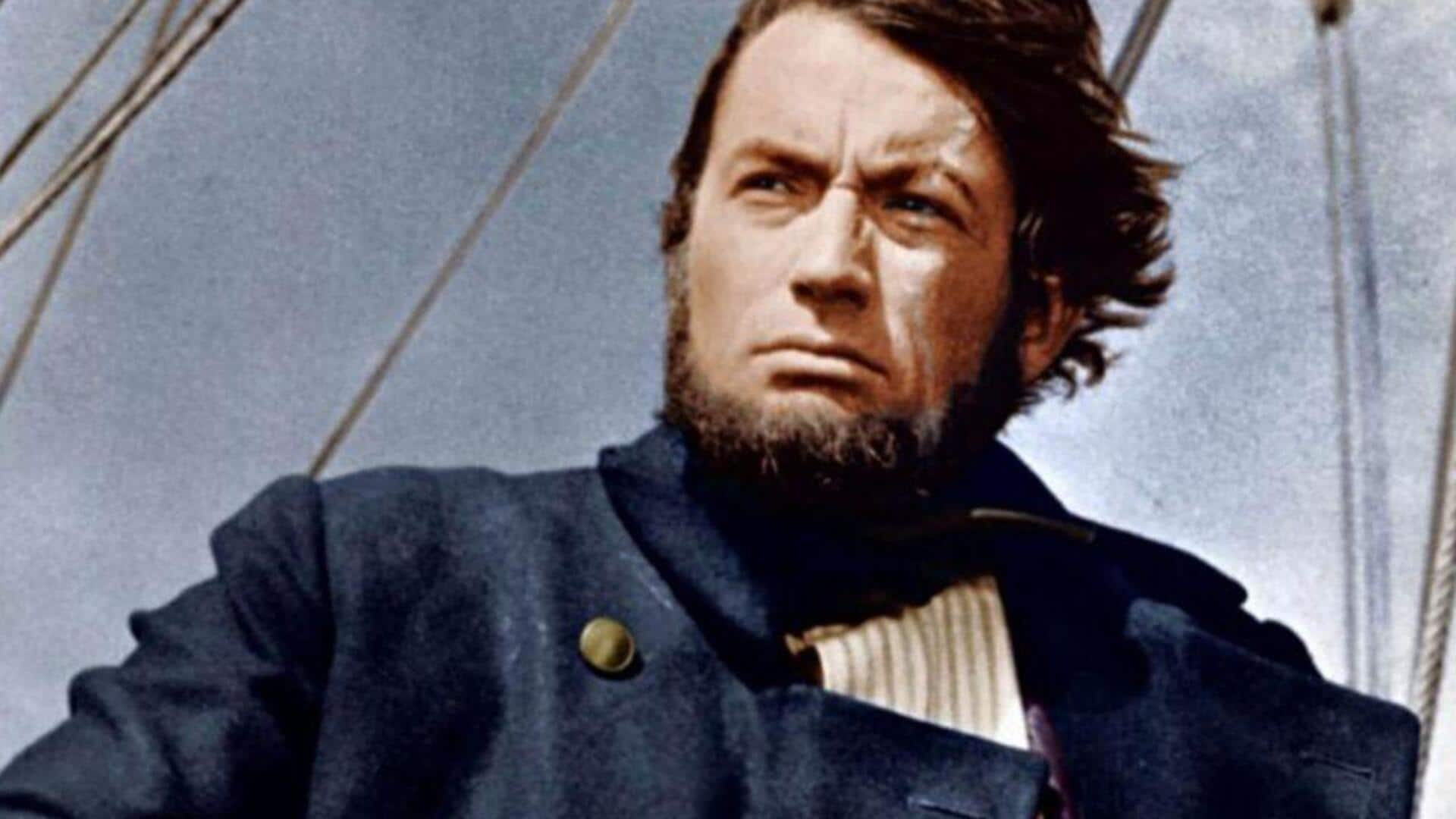
How movies have changed Captain Ahab over time
What's the story
Captain Ahab, the relentless sea captain from Herman Melville's Moby-Dick, has been a captivating character in US cinema. His portrayal has changed over the decades, mirroring shifts in filmmaking and societal attitudes. From early adaptations to modern interpretations, each version of Ahab presents a different take on his obsession with the white whale. Here's how Captain Ahab's character has been depicted in various films, and what they reveal about changing cinematic trends.
#1
Early cinematic portrayals
In the early cinematic days, Captain Ahab was mostly a straightforward villain. The films were centered on his monomaniacal pursuit of Moby Dick, highlighting his obsession and madness. The character was mostly shown without much nuance, acting as the cautionary tale of unchecked ambition. These early portrayals laid the stage for the more complex interpretations to come.
#2
Mid-century interpretations
By mid-century, filmmakers dug deeper into Captain Ahab's character. Movies from this era often focused on his internal struggles and motivations beyond mere vengeance. This period also saw an increased focus on psychological depth, with Ahab being portrayed as a tragic character driven by personal demons, rather than an external quest for revenge against Moby Dick.
#3
Modern reimaginings
In recent years, modern adaptations have reimagined Captain Ahab with fresh perspectives. From narrative techniques to visual styles, filmmakers have experimented with presenting him as both villainous and sympathetic. These contemporary versions often delve into themes such as environmentalism or existentialism, while maintaining core elements of Melville's original story, Moby-Dick.
#4
Impact on popular culture
Captain Ahab's evolution in US cinema has influenced pop culture in more ways than one. His character is still referenced in a variety of forms of media, such as books, TV shows, and even video games, thanks to its timeless charm across audiences around the world who love a good story involving obsession or adventure at sea.